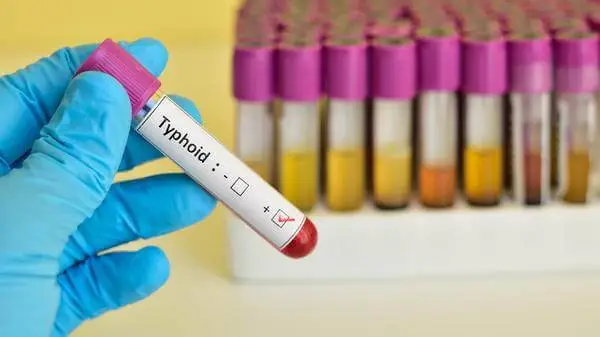The Oti Region has reported a staggering 10,233 confirmed typhoid fever cases during the first half of 2025, raising serious public health alarms. This surge spans both the first and second quarters, indicating a sustained and severe outbreak.
Regional Environmental Health Officer Cynthia Sekyere characterized the situation as deeply troubling, attributing the spike to:
Poor sanitation infrastructure
Weak waste management systems
Limited access to potable water
The Oti Regional Coordinating Council (ORCC) has set up a sanitation task force in collaboration with environmental health professionals. This task force is charged with:
Launching robust sanitation programmes
Enhancing waste disposal systems
Providing access to clean drinking water
Intensifying public hygiene education
Prosper Addo, the Municipal Chief Executive of Krachi West and Dean of the Municipal and District Chief Executives in Oti, emphasized the essential role of communities in combating the outbreak, saying “Community involvement is essential in promoting hygiene practices and supporting efforts to curb this public health challenge.”
Residents are being strongly advised to adopt basic hygiene measures such as handwashing, using safe water, and proper food handling and to fully cooperate with authorities to curb the spread.
The task force acknowledges that 4,417 cases were recorded in Q1 and 5,816 in Q2, marking an upward trend.
The spread underlines long-standing gaps in sanitation and water access, common drivers of typhoid across vulnerable regions.
With authorities enforcing regulations and rolling out interventions, the success hinges on community engagement and adherence.
Aspect Details
Total Cases (H1 2025) 10,233 confirmed cases across two quarters
First Quarter (Q1) 4,417 cases
Second Quarter (Q2) 5,816 cases
The committee stated these underlined factors to be the contributing cause, Poor sanitation, weak waste management, unsafe water, low hygiene awareness, Sanitation task force, clean water initiatives, public hygiene campaigns.
They reiterated that Community cooperation, maintain hygiene, support enforcement efforts could help curb the situation at hand.
Follow gheducate.com for more
Keep sharing




